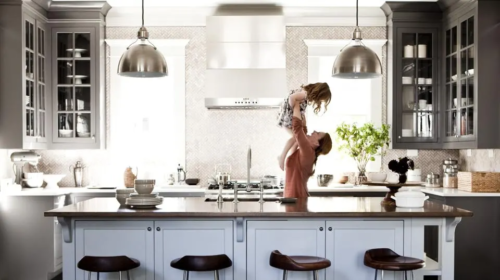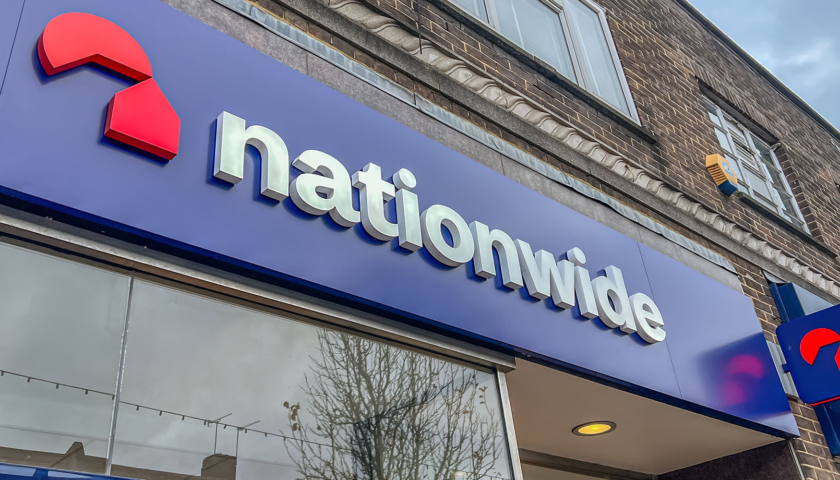Today, the current average mortgage rate on a 30-year fixed mortgage is 7.49%, according to Curinos. On a 15-year fixed mortgage, the average rate is 6.70%, and the average rate on a 30-year jumbo mortgage is 7.42%.
30-Year Mortgage Rates
Today, the average rate on a 30-year mortgage is 7.49%, compared to last week when it was 7.32%.
The annual percentage rate (APR) on a 30-year, fixed-rate mortgage is 7.40%. The APR was 7.22% last week. APR is the all-in cost of your loan.
With today’s interest rate of 7.49%, a 30-year fixed mortgage of $100,000 costs approximately $698 per month in principal and interest (taxes and fees not included), the Forbes Advisor mortgage calculator shows. Borrowers will pay about $151,446 in total interest over the life of the loan.
15-Year Mortgage Rates
The average interest rate on a 15-year mortgage (fixed-rate) is 6.70%. This same time last week, the 15-year fixed-rate mortgage was at 6.51%.
On a 15-year fixed, the APR is 6.64%. Last week it was 6.45%.
A 15-year fixed-rate mortgage of $100,000 with today’s interest rate of 6.70% will cost $882 per month in principal and interest. Over the life of the loan, you would pay $58,765 in total interest.
Jumbo Mortgage Rates
The current average interest rate on a 30-year, fixed-rate jumbo mortgage is 7.42%— 0.12 percentage point up from last week. The 30-year jumbo mortgage rate had a 52-week APR low of 5.00% and a 52-week high of 10.50%.
A 30-year jumbo mortgage at today’s fixed interest rate of 7.42% will cost you $694 per month in principal and interest per $100,000. On a $750,000 jumbo mortgage, the monthly principal and interest payment would be approximately $5,203.
How To Calculate Mortgage Payments
Before you look for a house, you should get to know your budget. This will give you an idea of the type of house you can afford. Start by using a mortgage calculator to get a rough estimate.
Simply input the following information:
- Home price
- Down payment amount
- Interest rate
- Loan term
- Taxes, insurance and any HOA fees
How Much House Can I Afford?
Buying a house is a huge purchase and can put a big dent in your savings. Before you start looking, it’s important to calculate how much house you can afford and you’re willing to spend.
Not only do you want to consider your income and debt, but you also want to factor in emergency savings and any long-term financial goals such as retirement or college.
These are some basic financial factors that go into home affordability:
- Income
- Debt
- Debt-to-income ratio (DTI)
- Down payment
- Credit score
How Are Mortgage Rates Determined?
Multiple factors affect the interest rate for a mortgage, including the economy’s overall health, benchmark interest rates and borrower-specific factors.
The Federal Reserve’s rate decisions and inflation can influence rates to move higher or lower. Although the Fed raising rates doesn’t directly cause mortgage rates to rise, an increase to its benchmark interest rate makes it more expensive for banks to lend money to consumers. Conversely, rates tend to decrease during periods of rate cuts and cooling inflation.
Home buyers can make several moves to improve their finances and qualify for competitive rates. One is having a good or excellent credit score, which ranges from 670 to 850. Another is maintaining a debt-to-income (DTI) ratio below 43%, which implies less risk of being unable to afford the monthly mortgage payment.
Further, making a minimum 20% down payment can help you avoid private mortgage insurance (PMI) on conventional home loans. If you can afford the larger monthly payment, 15-year home loans have lower rates than a 30-year term.
What Is the Best Type of Mortgage Loan?
Conventional home loans are issued by private lenders and typically require good or excellent credit and a minimum 20% down payment to get the best rates. Some lenders offer first-time home buyer loans and grants with relaxed down payment requirements as low as 3%.
For buyers with limited credit or finances, a government-backed loan is usually the better option as the minimum loan requirements are easier to satisfy.
For example, FHA loans can require 3.5% down with a minimum credit score of 580 or at least 10% down with a credit score between 500 and 579. However, upfront and annual mortgage insurance premiums can apply for the life of the loan.
Buyers in eligible rural areas with a moderate income or lower may also consider USDA loans. This program doesn’t require a down payment, but you pay an upfront and annual guarantee fee for the life of the loan.
If you come from a qualifying military background, VA loans can be your best option. First, you don’t need to make a down payment in most situations. Second, borrowers pay a one-time funding fee but don’t pay an annual fee as the FHA and USDA loan programs require.
Contact one of our highly experienced mortgage advisors today on 0121 500 6316 to discuss your mortgage needs.



